The Vital Distinction Between Medicare and Medicaid
Introduction
In the often mystifying realm of healthcare, two key programs can often perplex us: Medicare and Medicaid. These two government-sponsored health insurance programs are pivotal for many Americans, and understanding their nuances is vital. Regardless of your age or current health status, grasping these differences can significantly impact your access to medical care and financial well-being.
Medicare: A Financial Safety Net for Seniors and Beyond
Medicare is frequently regarded as a crucial healthcare safety net, primarily tailored for seniors aged 65 and older. However, its scope extends to younger individuals with specific disabilities and those with end-stage renal disease. The program’s financing relies on payroll taxes, aiming to ensure that retirees have seamless access to essential healthcare services.
Critical Insights:
- Medicare’s Four Parts: A frequently overlooked facet is that Medicare is composed of four distinct parts – Part A (Hospital Insurance), Part B (Medical Insurance), Part C (Medicare Advantage Plans), and Part D (Prescription Drug Coverage). These segments offer a gamut of services, encompassing hospital stays, doctor visits, and prescription drug coverage.
- Cost Factors: While Medicare does provide extensive coverage, it is not entirely cost-free. Beneficiaries typically shoulder premiums, deductibles, and coinsurance. Familiarizing yourself with these costs and understanding how supplemental insurance, known as Medigap, can help bridge these gaps is pivotal.
- Enrollment Timing Matters: Enrollment in Medicare typically aligns with your 65th birthday, but the timing holds significance. Missing deadlines can lead to financial penalties. If your plan involves working beyond 65 with employer-based coverage, understanding how Medicare coordinates with other insurance is imperative.
Medicaid: A Lifeline for Low-Income Individuals and Families
Unlike Medicare, Medicaid is a collaborative federal and state program that extends assistance to individuals and families grappling with low incomes. This program encompasses a broader demographic and unfolds complexities, given that states wield authority in its implementation.
Critical Insights:
- Eligibility Nuances: Grasping eligibility criteria is vital. Qualifying for Medicaid hinges on specific income and asset criteria, which can vary based on family size, disability status, and your role as a parent, pregnant woman, or a child. Changes in healthcare laws have expanded Medicaid eligibility in many states.
- Diverse Covered Services: Medicaid is designed to embrace a broad spectrum of services, spanning doctor visits, hospital stays, prescription drugs, and long-term care. However, it’s essential to note that coverage can diverge from state to state. Researching your specific benefits is crucial.
- Dual Eligibility Dynamics: Some individuals straddle the interface between Medicare and Medicaid, termed “dual eligibles.” These individuals often receive financial assistance with Medicare premiums and out-of-pocket costs through Medicaid, a potential boon for their finances.
Why Knowing the Differences Is Crucial
Understanding the distinctions between Medicare and Medicaid transcends theoretical knowledge. It’s about safeguarding your financial well-being, ensuring access to healthcare, and attaining peace of mind. Here’s why it’s pivotal for everyone to comprehend these differences:
- Financial Security: Medicare and Medicaid play pivotal roles in providing financial security for healthcare costs, irrespective of your age. Familiarity with the details empowers you to make informed decisions about your health and budget.
- Access to Care: The nature and scope of medical services available to you depend on whether you’re on Medicare or Medicaid. Understanding these services aids you in making judicious healthcare choices tailored to your unique needs.
- Adapting to Changes: Life is unpredictable, and both your health and financial situations can undergo transformation. Knowledge of these programs equips you to navigate unexpected twists on your healthcare journey.
In conclusion, regardless of your age or current health status, acquainting yourself with the differences between Medicare and Medicaid is an indispensable life skill. It’s about being prepared, financially prudent, and securing the healthcare support you need when you need it. So, invest time in learning, because in the healthcare universe, knowledge is indeed empowerment.






